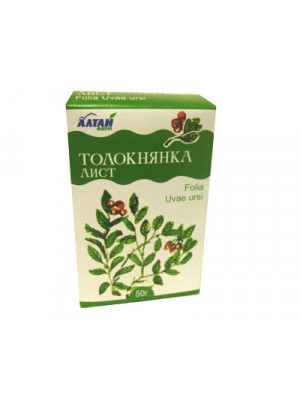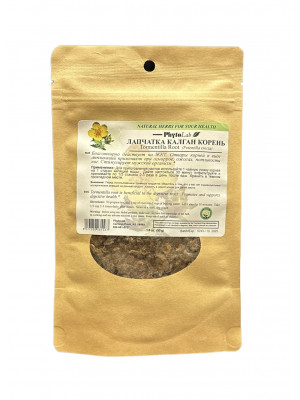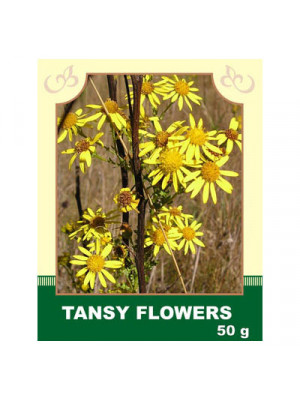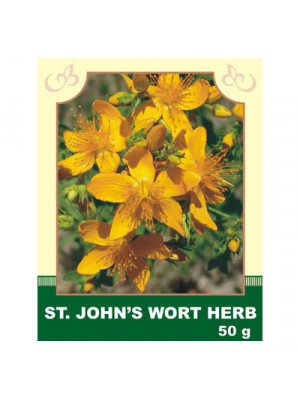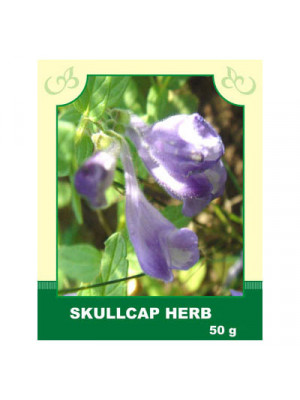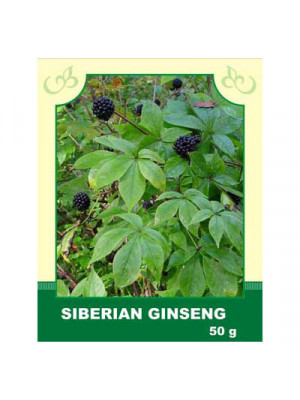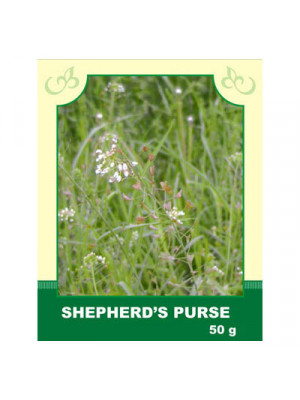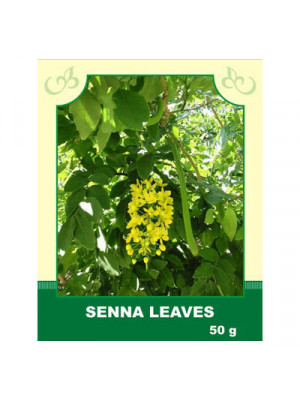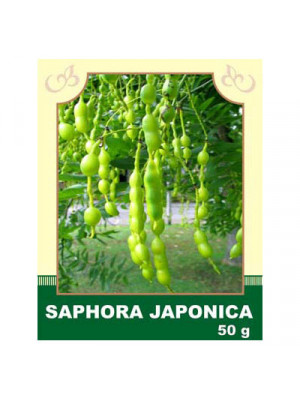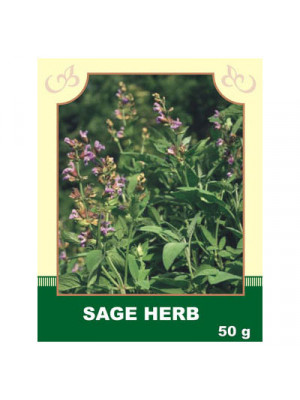Herbs
- The plant is also called Bear Berry. Chinese have been using Bear Berry Leaves since 13th century as a diuretic, to reduce kidney and urinary problems. Bear berry leaves are still used medicinally in Poland and other countries. Native Americans also used Bear berry tea for inflammation of the urinary tract, urethritis, kidney stones, and cystitis. The berries were also made into a tea that was used to ward off obesity. Bearberry is a very useful plant. All parts of it can be used in some way. The fruit can be eaten and cooked with other foods. The roots can be made into a tea that can treat a constant cough or slow down menstrual bleeding. A tea from the stem is used to prevent miscarriage and to speed up a womens recovery after childbirth. A tea made from the leaves can be drunk to treat kidney or bladder problems. Bear Berry Leaves have diuretic, anti-inflammatory and anti-microbial qualities. Use as a diuretic, and anti-microbial agent in cases of inflammatory diseases of the urinary tracts.$5.99
Internally taken as a binding, anti-inflammatory, cholagogue, and hemostatic agent, for intestinal and uterine bleeding, liver and gallbladder diseases, duodenal ulcer, enterocolitis, and skin conditions.
Method of application and dosage: 1 tablespoon of raw material is poured with 200 ml of boiling water, heated in a water bath for 30 minutes, infused at room temperature for 10 minutes, strained, squeezing out the remaining raw material. The finished infusion is brought to the original volume with boiled water. Take 2 tablespoons 4 times a day before meals. Externally, it is used for gargling in angina, gingivitis, and toothache, as well as for burns, oozing eczema, and other skin diseases.
Contraindications: individual intolerance.
$9.99Internally, it is taken as an antipyretic and sedative for cramps in rheumatism and polyarthritis, headaches, hypochondria, epilepsy; as an antiparasitic remedy for expelling roundworms and pinworms; as a cholagogue for liver and gallbladder diseases, as well as for kidney and bladder inflammations, menstrual cycle disorders, and nervous excitement.
Method of application and dosage: Decoction - 2 tablespoons of finely chopped raw material, pour 0.5 liters of boiling water, simmer on low heat for 10 minutes, let it infuse for half an hour to an hour, and drink 1/4-1/3 cup three times a day 20-30 minutes before meals.
The infusion of tansy is prepared in the same proportion. It is usually taken in 1/4-1/3 cup three times a day. In case of peptic ulcer disease, the dose of infusion and decoction can be increased to 1/2 cup per intake.
Externally, it is used for treating purulent wounds, ulcers, bruises, rheumatism, scabies, and for washing the head in case of pediculosis (lice infestation). Steep 1 tablespoon of flower heads in 400 ml of boiling water for 2 hours.
Contraindications: Individual intolerance, not recommended during pregnancy and for children of a younger age. The plant is potent, strict dosage is required.
$5.50
Description. Herb and flowers contain different flavonoids (rutin, hyperoside, isoquercetin, quercitrin, quercetin, amentoflavone, astilbin, miquelianin), phenolic acids, phloroglucinols and essential oils. St. John's Wort has recently become one of the heavyweight herbs in medicine, mostly due to it's reputed anti-depressant effects. St John's wort is most widely known as a herb for major depression. In some countries, such as Germany, it is commonly prescribed for mild depression, especially in children, adolescents, and where cost is a concern. Lesser known medicinal attributes of this plant include usefulness as an antiseptic, pain killer, and anti-viral agent. Water infusion of St. John's Wort Herb is good for heart disorders, irritability and insomnia, for improoving bile composition and liver disorders (powerful diuretic)and for women's urogenital inflammations. St.John's Wort due to its high bio-active effect is an excellent support for men's health! Uses. St. John's wort has also shown results in the following conditions, a few of which are related to depression. They are alcoholism, bacterial infections, premenstrual syndrome, seasonal affective disorders, viral encephalitis, wounds, minor burns, hemorrhoids. Moreover, internally, St. John's Wort is believed to be of benefit for symptoms of anxiety, cough, digestion, bronchial problems, diarrhea, fatigue, flu, gout, insomnia, irritability, and ulcers. Externally, St. John's Wort can be applied for bruises, wounds, burns, hemorrhoids, sunburn, herpes sores, varicose veins, sciatica, and nerve pain. Avoid taking the herb if you are hypertonic. Water infusion is used as a mouthwash for weak gums, parodontosis and other oral inflammations.
Attention! Before using any herbal products, make sure that you have full knowledge of how the herb works and any adverse reaction it may cause.$6.99Internally. The main purpose of motherwort is to regulate blood pressure. Motherwort preparations dilate blood vessels, slow down the rhythm of heart contractions, eliminate headaches and insomnia, lower blood pressure associated with atherosclerosis, prevent seizures, and slow down the functional activity of the nervous system.
Method of application and dosage: Tincture of 25 drops 3 times a day before meals.
Contraindications: Individual intolerance, pregnancy, breastfeeding.
$8.99Internally. This remedy improves overall well-being, reduces cholesterol levels in atherosclerosis with predominant involvement of the aorta and coronary vessels. It creates a favorable background for various cardiovascular diseases, rheumatocarditis. It enhances mental performance, reduces fatigue during physical exertion, improves hearing and vision, is beneficial for mild forms of diabetes, and aids in enhancing male potency.
Method of use and dosage: Roots in a 1:1 ratio are infused in 40% alcohol, infused for 2-3 weeks, strained, and taken at a dose of 15-20 drops 2-3 times a day 30 minutes before meals in the first half of the day.
Contraindications: Individual intolerance, arterial hypertension, myocardial infarction, hypertensive crises, febrile conditions, acute infectious diseases.
$6.99Internally:
Take internally for bleeding, liver and kidney diseases, fractures, metabolic disorders, weak intestinal peristalsis, and pathological menopause.
Method of application and dosage: Infuse 2 tablespoons of the raw material with 200 ml of boiling water, boil in a water bath for 15 minutes, infuse for 45 minutes, strain, squeezing the remaining material. Bring the prepared infusion to the initial volume and take 1 tablespoon 4-5 times a day after meals.
Externally: Use the infusion for local baths, washing, lotions, and compresses for bruises, inflammation of tendons, minor injuries, and skin damage.
Contraindications: Individual intolerance.
$6.99Внутрь: принимают в качестве слабительного средства при атонии толстого кишечника, хронического запора, для регулировки стула при геморрое, проктите, анальных трещинах. Считается эффективным средством для похудения.
Способы применения и дозы: 1/2-1 ст. ложку сырья заливают кипятком, настаивают до остывания. Принимают по 1/4 - 1/2 стакана на ночь.
Противопоказания: Индивидуальная непереносимость, избегать длительного употребления; не применять при беременности, кормлении грудью и непроходимости кишечника.
$5.99Internally, it reduces blood pressure, cleanses blood vessels from cholesterol plaques, restores vessel elasticity, regulates the metabolism of many body systems, and promotes immune system strengthening.
Methods of application and dosage: To prepare an infusion, grind 20 g of dried flowers into powder, then pour them with 250 ml of boiling water and let it infuse for about two hours. Strain the infusion and take 1-2 tablespoons three times a day after meals.
Externally, for treating carbuncles and furunculosis, eczema, fungal diseases, pityriasis versicolor, minor and moderate wounds, frostbite, and burns of the 1st, 2nd, and 3rd degrees, and for preventing hair loss, boil 20 grams of the plant's fruits in 200 ml of water over low heat for 15 minutes. Cool the decoction, strain it, and then rub it thoroughly into the hair roots. After 5 minutes, rinse the hair well.
Contraindications: Pregnant and lactating women, children, and individuals with individual intolerance to the preparation. Also, activities requiring concentration.
$6.99
Description. The Latin name for sage, salvia, means to heal. Modern evidence supports its effects as an anhidrotic, antibiotic, antifungal, astringent, antispasmodic, estrogenic, hypoglycemic,diuretic and tonic. Ancient physician Hyppocrates considered sage to be a sacred and the most useful herb. For thousands of years sage has been used for a variety of medicinal purposes. It has been used in connection with sprains, swelling, ulcers, and bleeding. As a tea, sage has been administered for sore throats and coughs. Herbalists have also used this herb for rheumatism, menstrual bleeding, liver disorders, strengthening the nervous system, improving memory, and sharpening senses. Sage contains the chemical substances, camphor, and cineole as well as other constituents including rosmarinic acid, tannins, and flavonoids. Even today, in many European countries sage is used medicinally as a gargle for sore throat and inflammation of the mouth and gums. Use. Sage was recommended by herbalists for fever. Modern research has demonstrated that sage reduces perspiration by as much as 50 percent. Sage is also an active ingredient in some natural mouthwashes because its tannins are thought to help kill the bacteria that cause gingivitis. Sage has traditionally been used to treat canker sores, bleeding gums, sore throat, tonsillitis, and laryngitis. Sage has a long history of use for gastrointestinal disorders. It has been shown to help relax muscle spasms in the digestive tract. One German study has found that drinking a sage infusion reduced blood sugar levels in people with diabetes, but only when they took the infusion on an empty stomach. Sage has traditionally been used to promote menstruation; pregnant women should not consume highly concentrated forms of sage.
Attention! Before using any herbal products, make sure that you have full knowledge of how the herb works and any adverse reaction it may cause.$4.99


